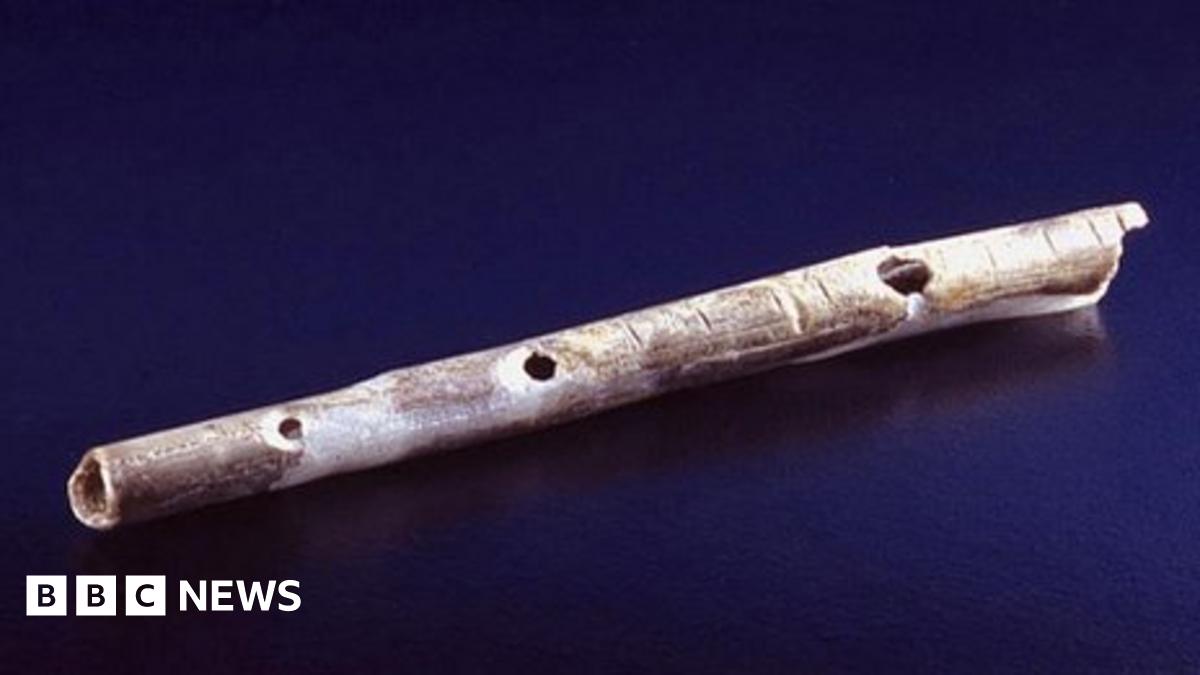I thought this might be of interest:
On a separate note, I've noticed a tendency on the BBC website to say "the Danube River", "the Rhine River" and the like lately, instead of the River Danube, etc. It must be the new flavour of the month.
On a separate note, I've noticed a tendency on the BBC website to say "the Danube River", "the Rhine River" and the like lately, instead of the River Danube, etc. It must be the new flavour of the month.



Comment